“We have had the bitter experience of giving away the information of our nuclear scientists to the enemies through the inspectors of the [International Atomic Energy Organization] IAEA; we should not let that happen again to our financial information via the FATF,” Eghbal Shakeri, the representative of Tehran Constituency in the Parliament, said on Sunday.
"We should not allow the gates of the country to be opened to the enemy regarding the information in different sections," he stressed.
He said the assassination of some Iranian nuclear scientists in the past years has been the result of providing information to the enemies through the IAEA, adding that joining the FATF will bear the same results in the financial sector.
"Joining the FATF will have the same effect on us as nuclear scientists, and we should not allow our financial information to be transferred abroad," Shakeri said.
"These organizations, including the FATF and the IEAE, are all dominated by arrogant countries and carry out their orders," he added.
He noted that “the FATF has never stated that sanctions will be lifted when Iran joins those conventions; while with the Islamic Republic’s accession to these conventions, the FATF will review Iran's actions."
Earlier in December, the Leader of the Islamic Revolution Ayatollah Seyyed Ali Khamenei approved a government request to extend the deadline for discussions on the two remaining bills mandated by the global anti-money laundering body.
Last February the global anti-money laundering watchdog lifted the suspension of counter-measures on Iran and called on its members and all jurisdictions to apply effective counter-measures against the country.
The Iranian government has been striving in recent weeks to have the remaining bills endorsed by Iran’s Expediency Council, with the optimism that the US economic siege may end when US president-elect Joe Biden takes office in the coming days.
Senior government officials have often stressed that removing Iran from an FATF blacklist will ease the process to counter the US economic terrorism.
FATF has asked Iran to pass four bills as part of the “Action Plan” to get out of its blacklist. Last year the Iranian government was able to approve and enact amendments to counter-terrorist financing and anti-money laundering rules, but it failed to get approval from the main legislative body for the two remaining bills, namely Palermo (convention against transnational organized crime) and terrorist financing conventions (CFT), despite the fact that the key bills were passed by the government and parliament.
At its latest plenary session in October, the FATF said Iran along with North Korea remains on the FATF’s list of “high-risk jurisdictions”.
MR/FNA13991007000243


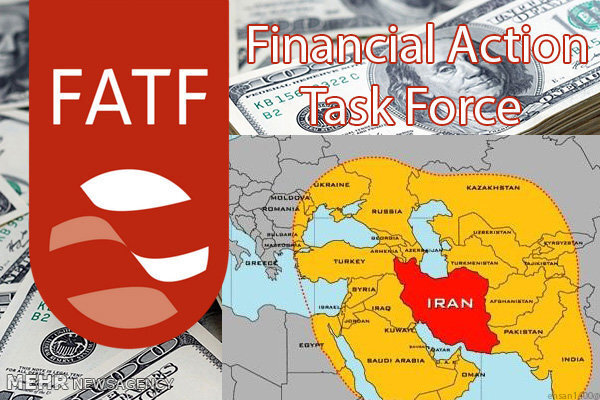
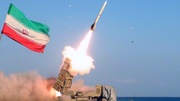
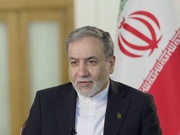
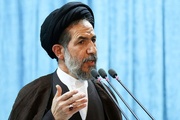





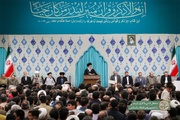
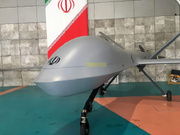












Your Comment